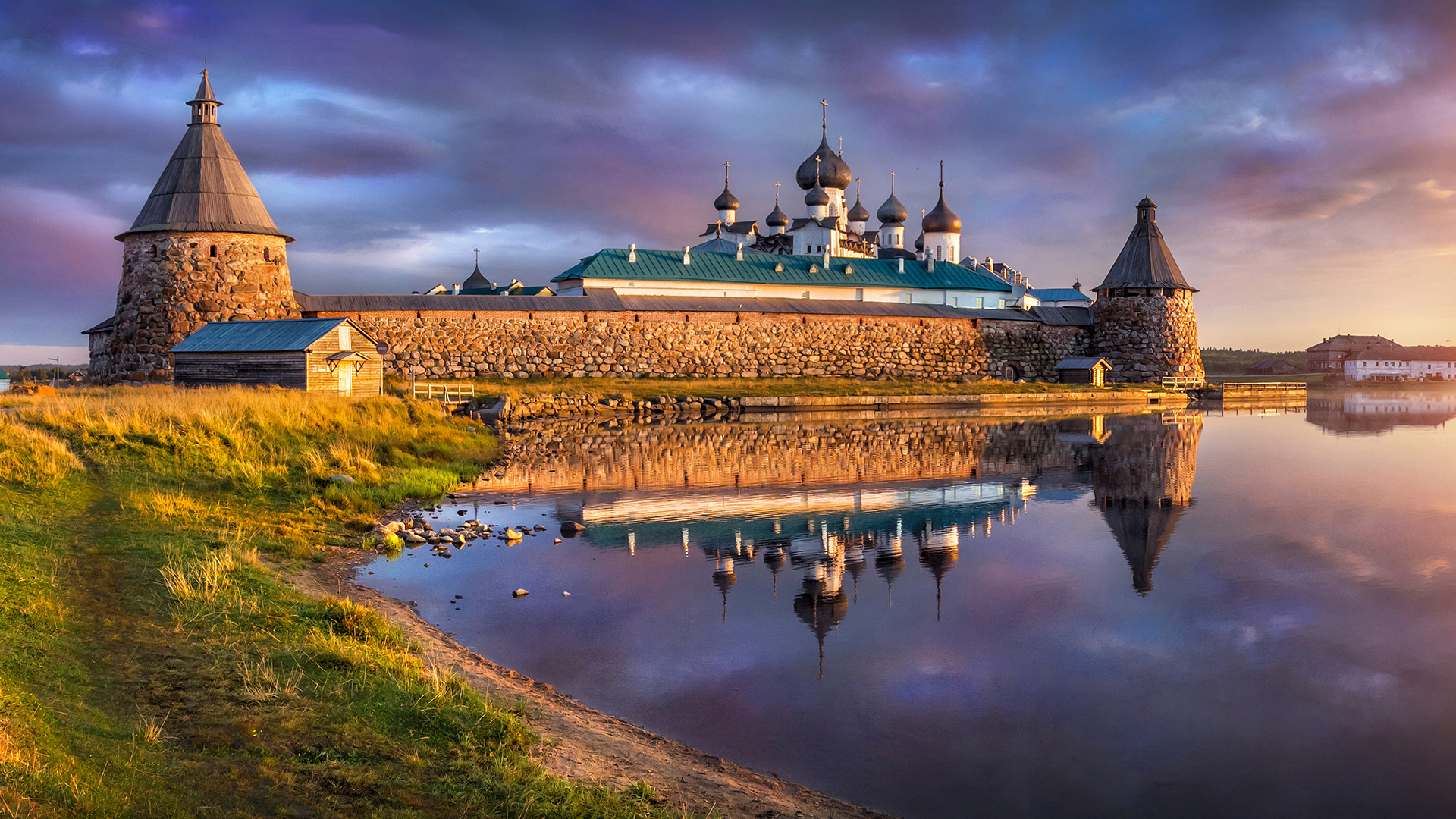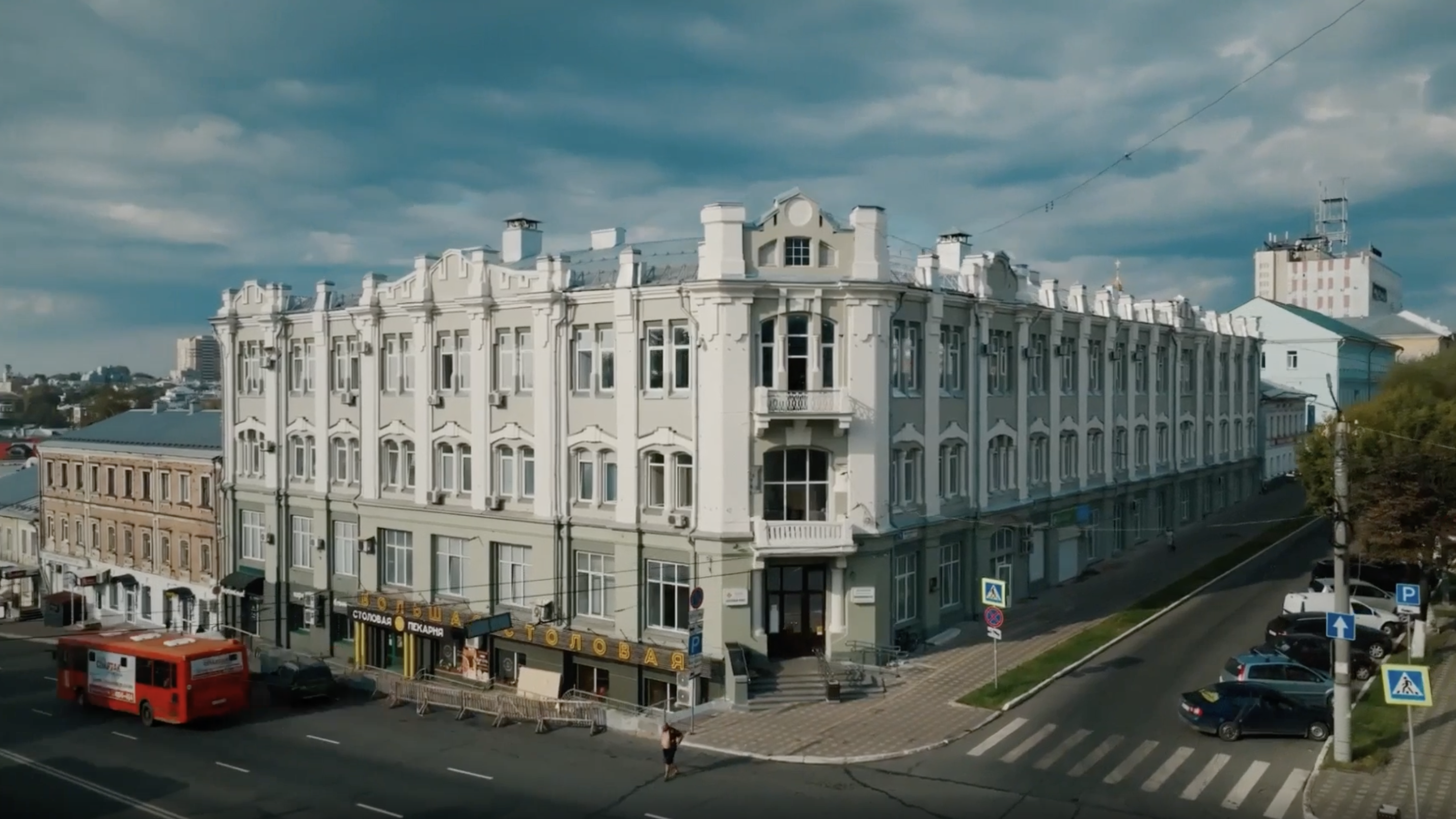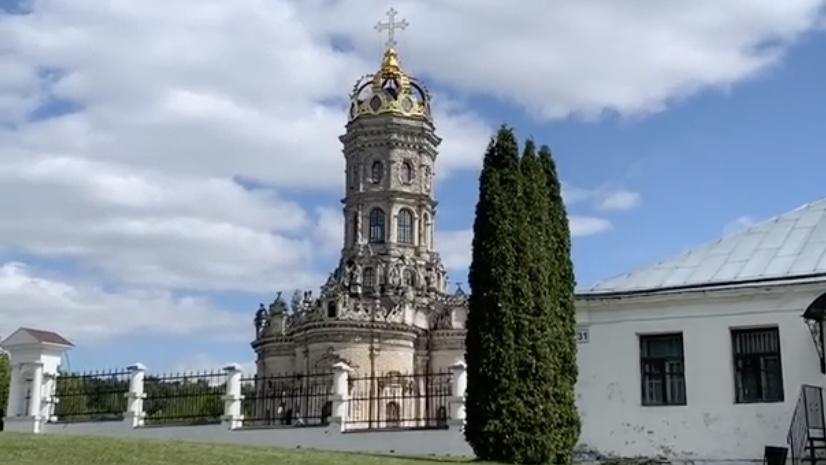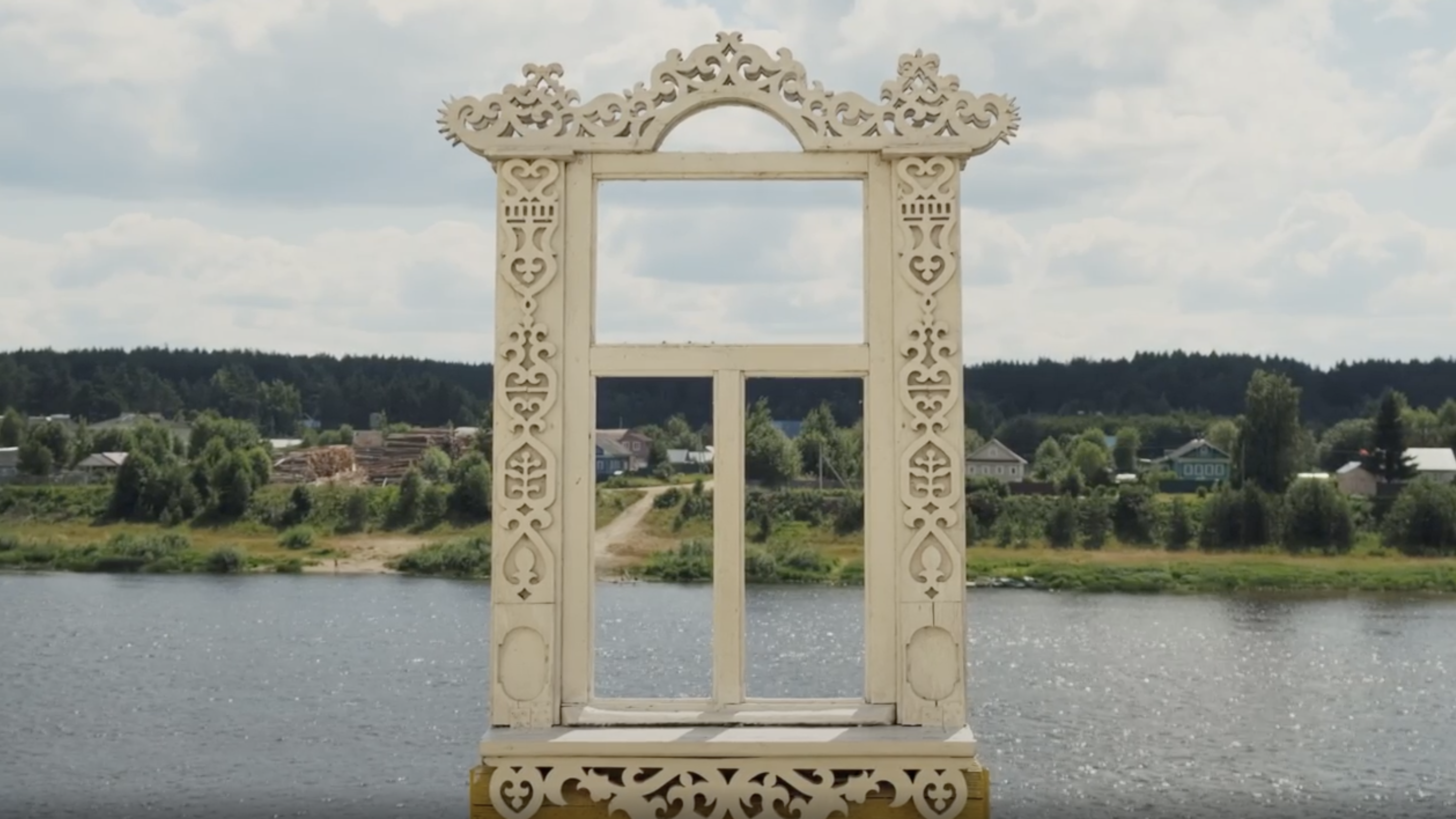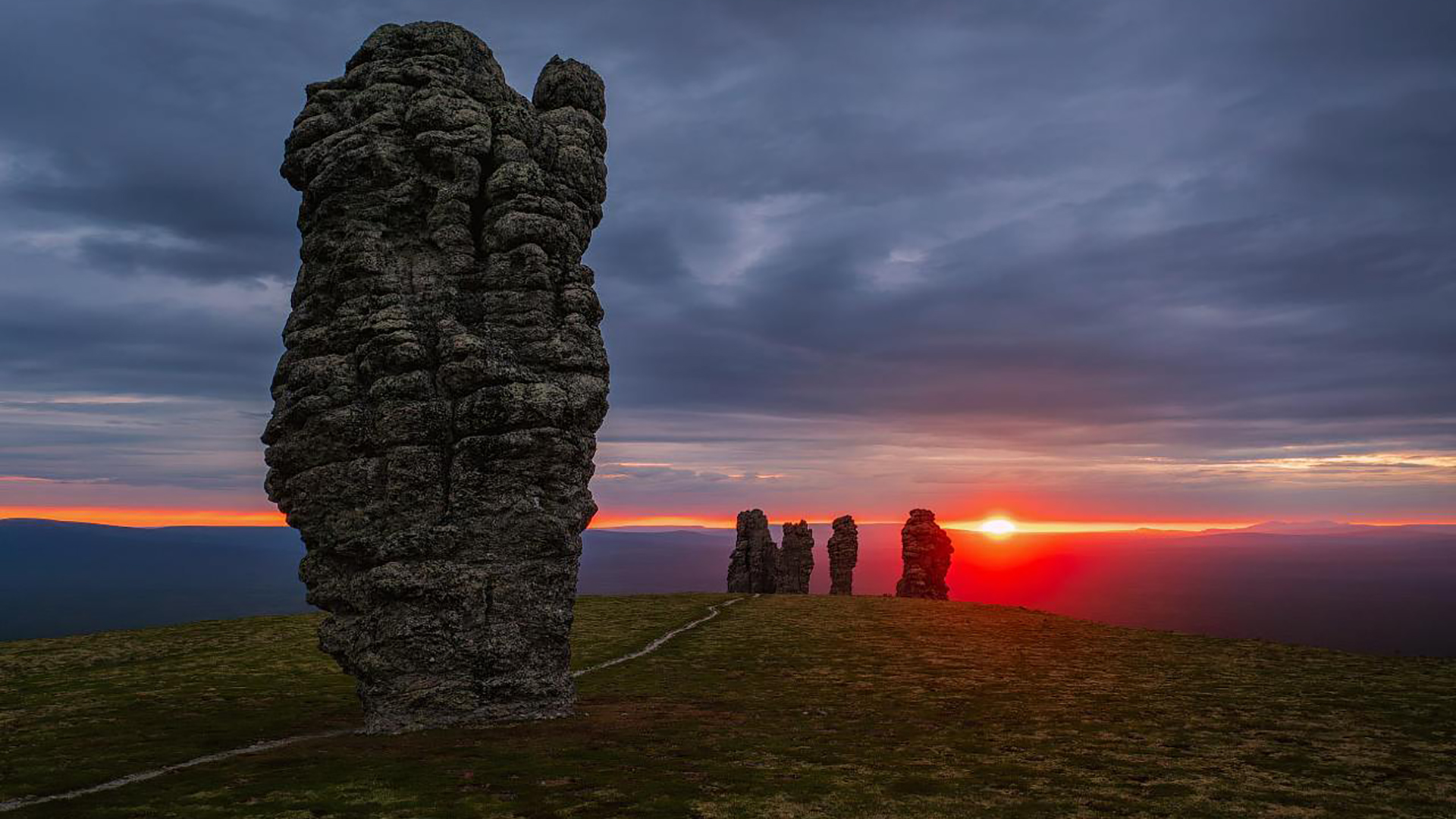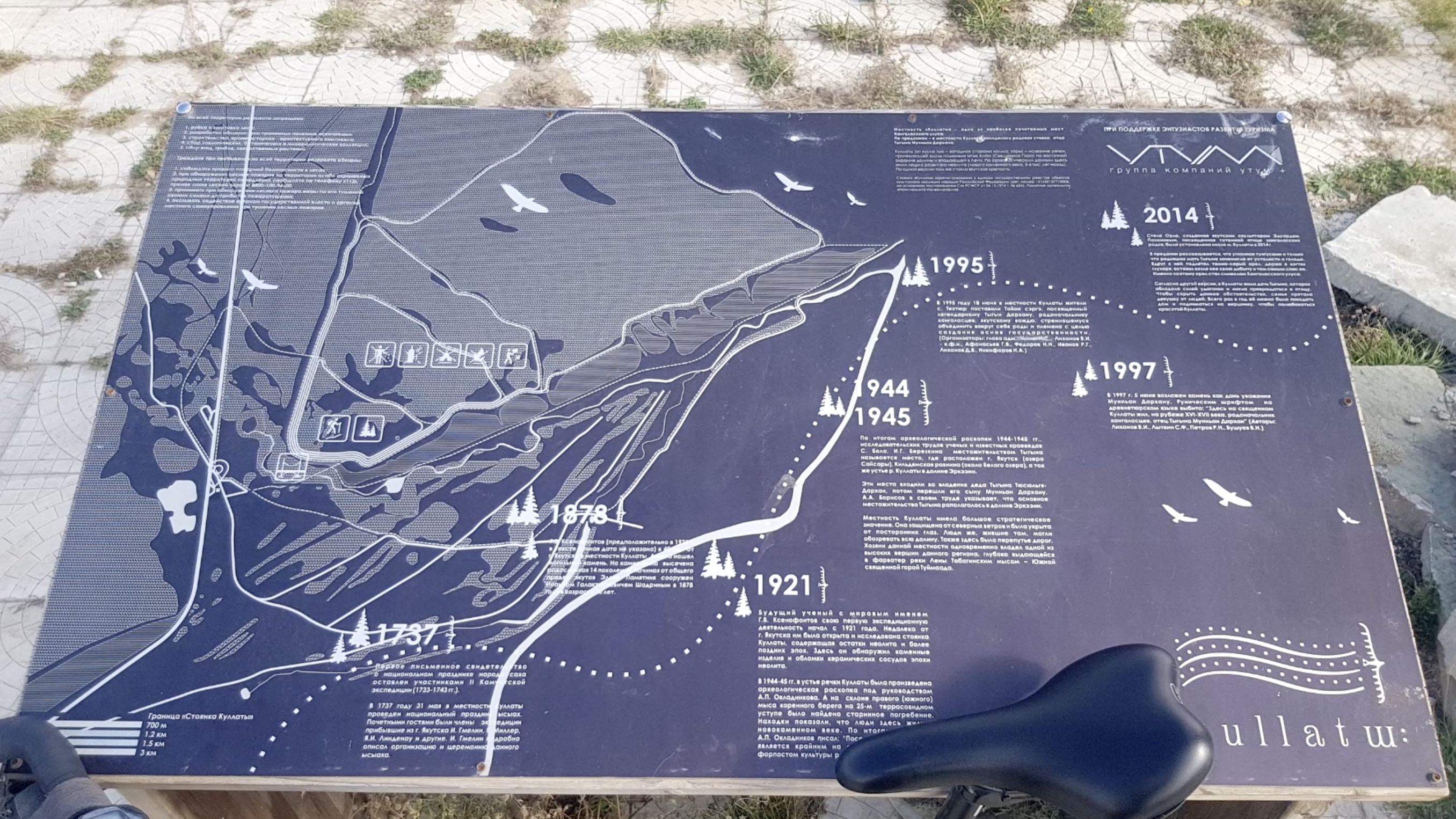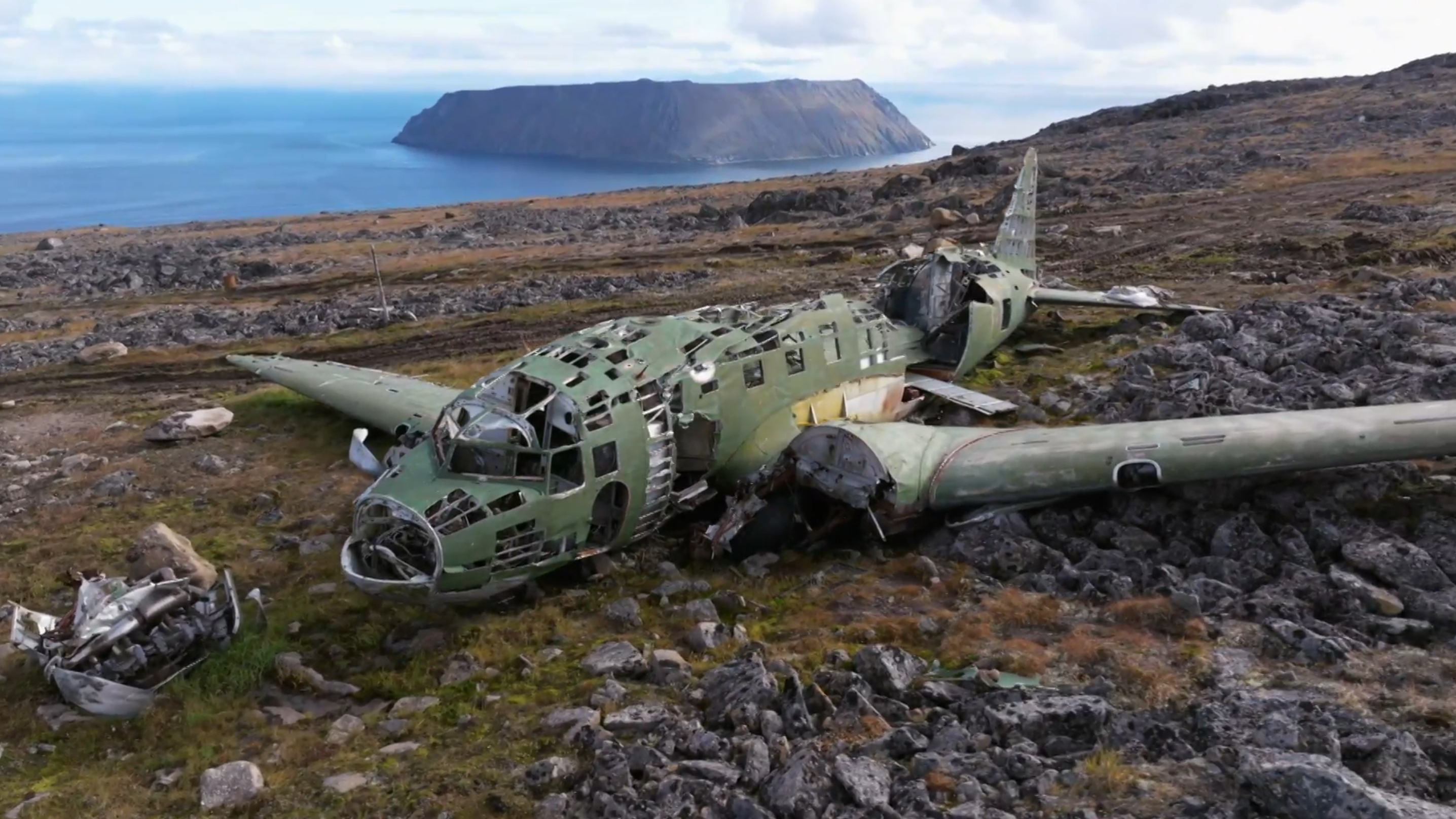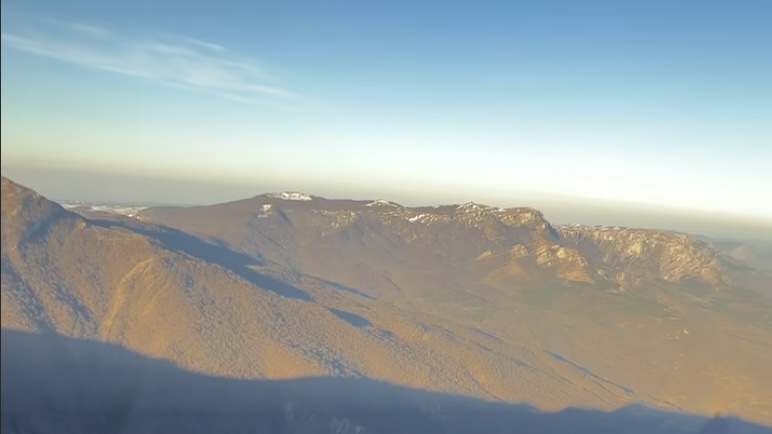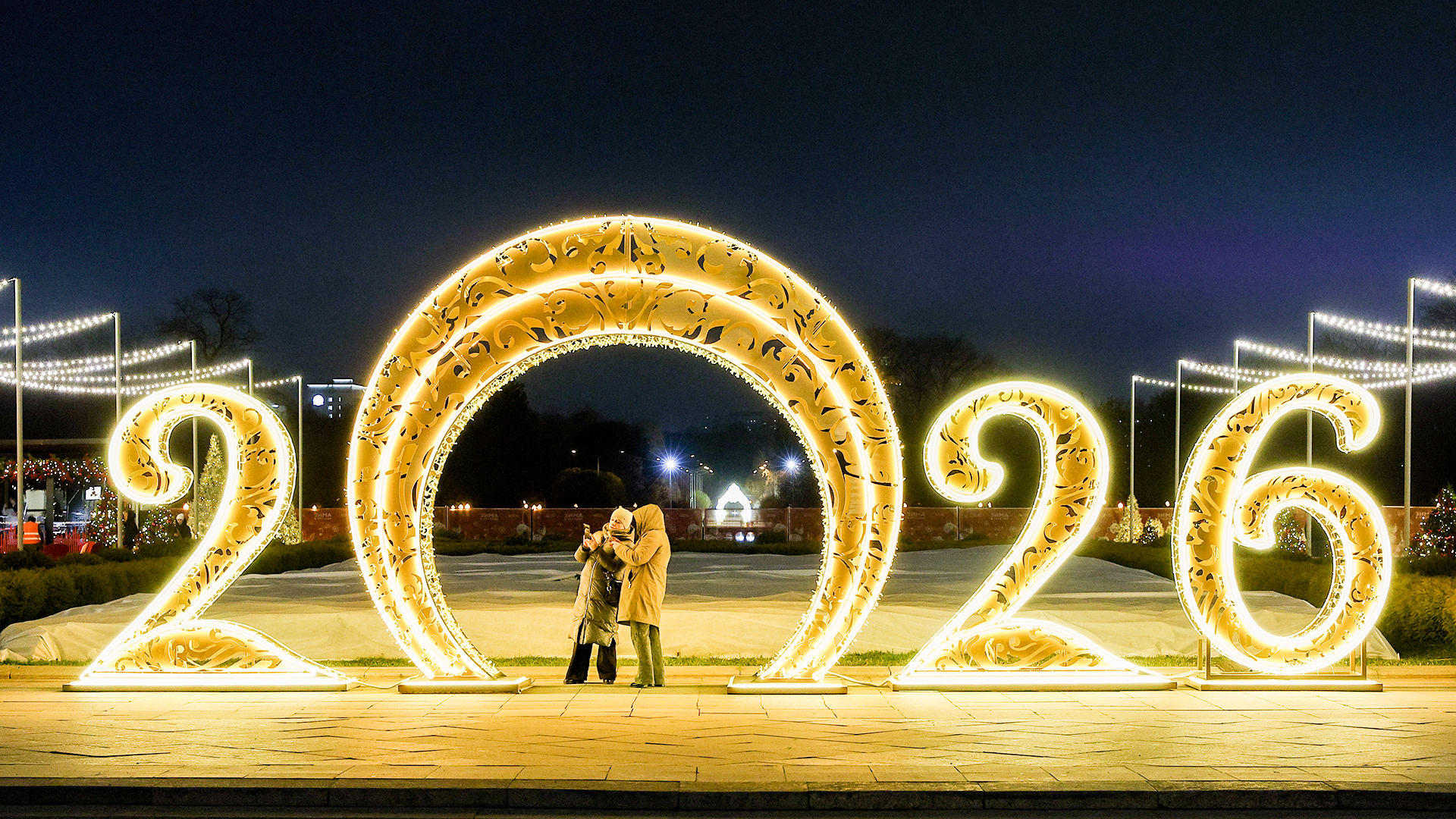
Why are there two Altais in Russia?
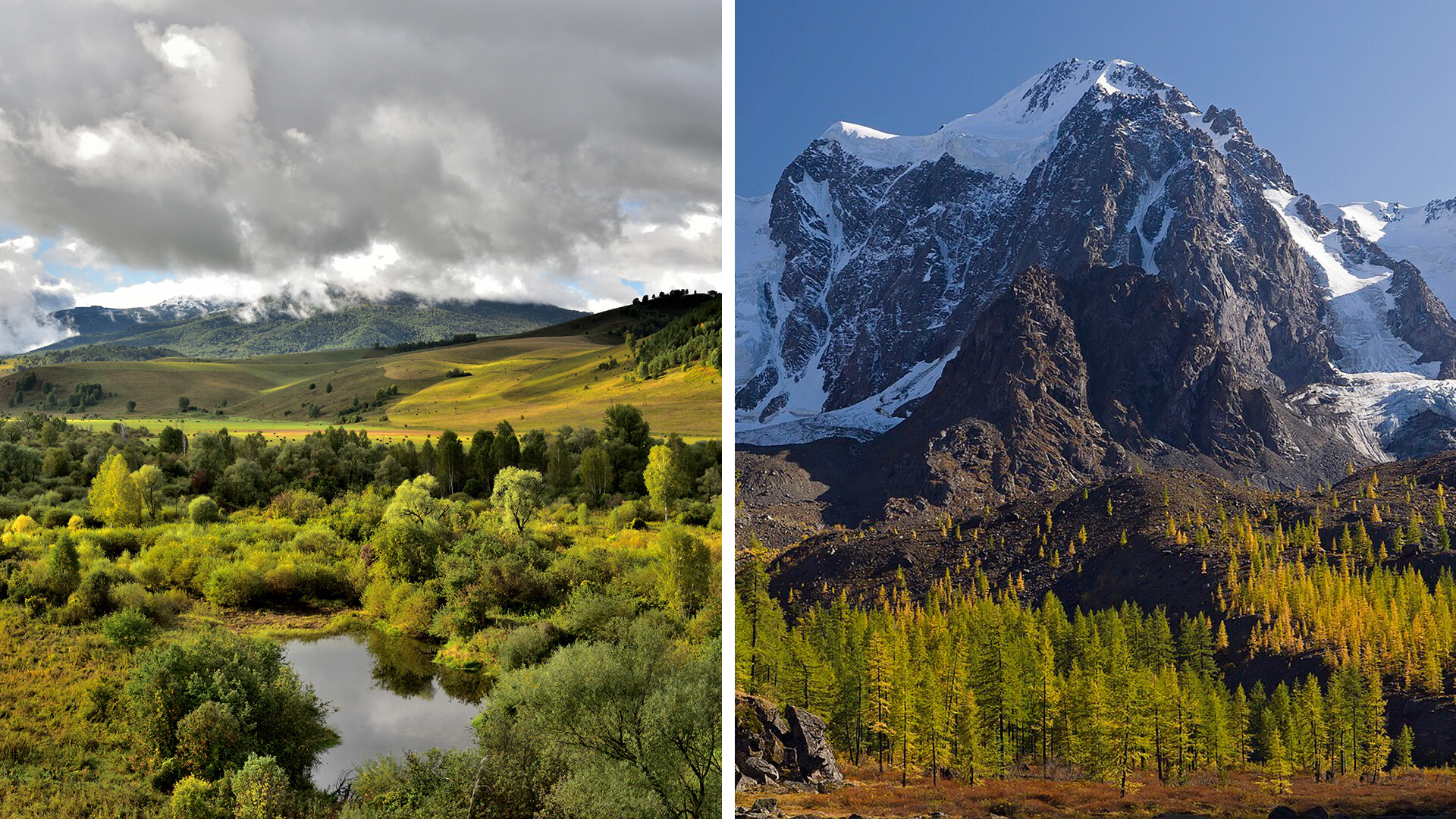
In the south of Siberia, there are two regions with almost the same name – Altai Republic and Altai Krai. This coincidence is due to the fact that the Altai Mountains are located on the territory of both subjects. But, the similarity of the regions does not end with this.
The Story of the two Altais
Since ancient times, Altai has been inhabited by local peoples and, in the 4th century AD, various nomadic tribes successively flocked there. Later, the region became part of various Turkic empires of Central Asia, including the Mongol Empire of Genghis Khan. The Turkic empires gradually disintegrated and, in the 16th century, Russia began the development of Siberia. In the 17th century, this process reached Altai.
The first Russian stockaded town in Altai appeared in 1709 and, in 1747, the Kolyvan-Voskresensky Mining District was established (in 1834, it was renamed Altai District). It included the Altai lands, parts of the Novosibirsk and Kemerovo regions, as well as several other regions.
Only in 1917 Altai was identified as a separate region with its capital in the city of Barnaul. But, already in 1922, the second Altai – Oirot Autonomous Oblast – was separated from it. Oirots is now an obsolete name for the inhabitants of Altai and, later, the region was renamed the Gorno-Altaisk Autonomous Oblast. The difference between the two regions was the ethnic composition – the Oirot region was inhabited by native Altaians, while Altai Krai was mostly populated by Russians.
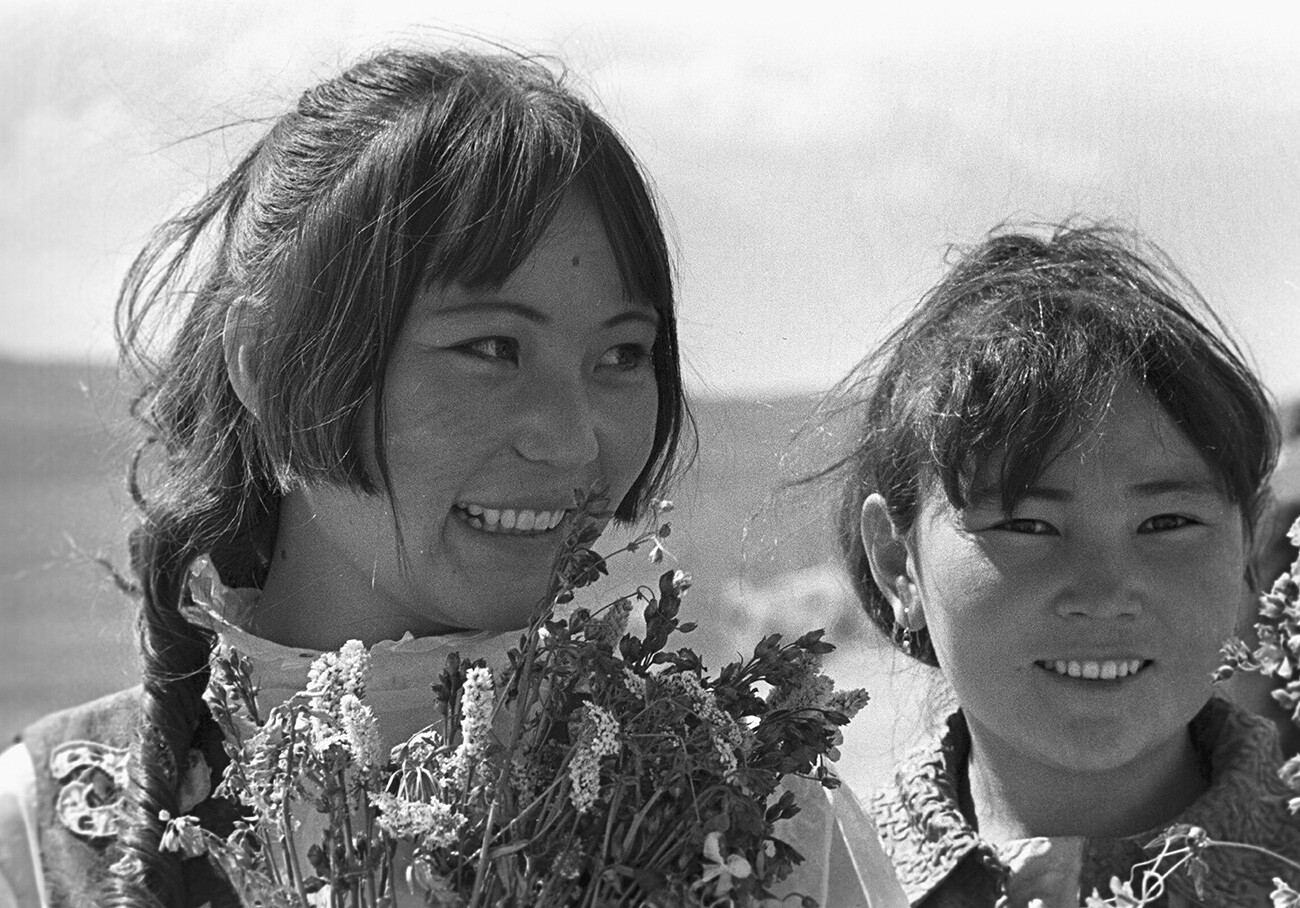 Girls of Gorny Altai.
Girls of Gorny Altai.
As a result of administrative changes in 1937, the two Altai regions were united as part of Altai Krai. But, in 1991, the Gorno-Altaisk Autonomous Oblast, again, became a separate unit. In 1992, it was renamed the Republic of Altai. This is how two regions with almost the same name appeared on the map.
National composition & economy
One of the main differences between Altai Krai and Altai Republic is the ethnic composition, which remains to this day. In Altai Krai, about 93% of the population is Russian, while in Altai Republic, only 56% of the population is Russian. At the same time, 34% of the population of the republic are Altaians. This may seem like a small number, however, during the last census in 2020, only 78,125 people across Russia indicated that they were Altaians. If one takes into account migration to large cities, it becomes clear why Altaians make up less than half of the republic's population.
Native Altaians speak the Altai language, which has many dialects. In 2020, it was spoken by approximately 62,572 people. Most of the population lives in rural areas and is engaged in agriculture: they breed red deer, sheep, horses and other animals. The second important source of income for the region is tourism.
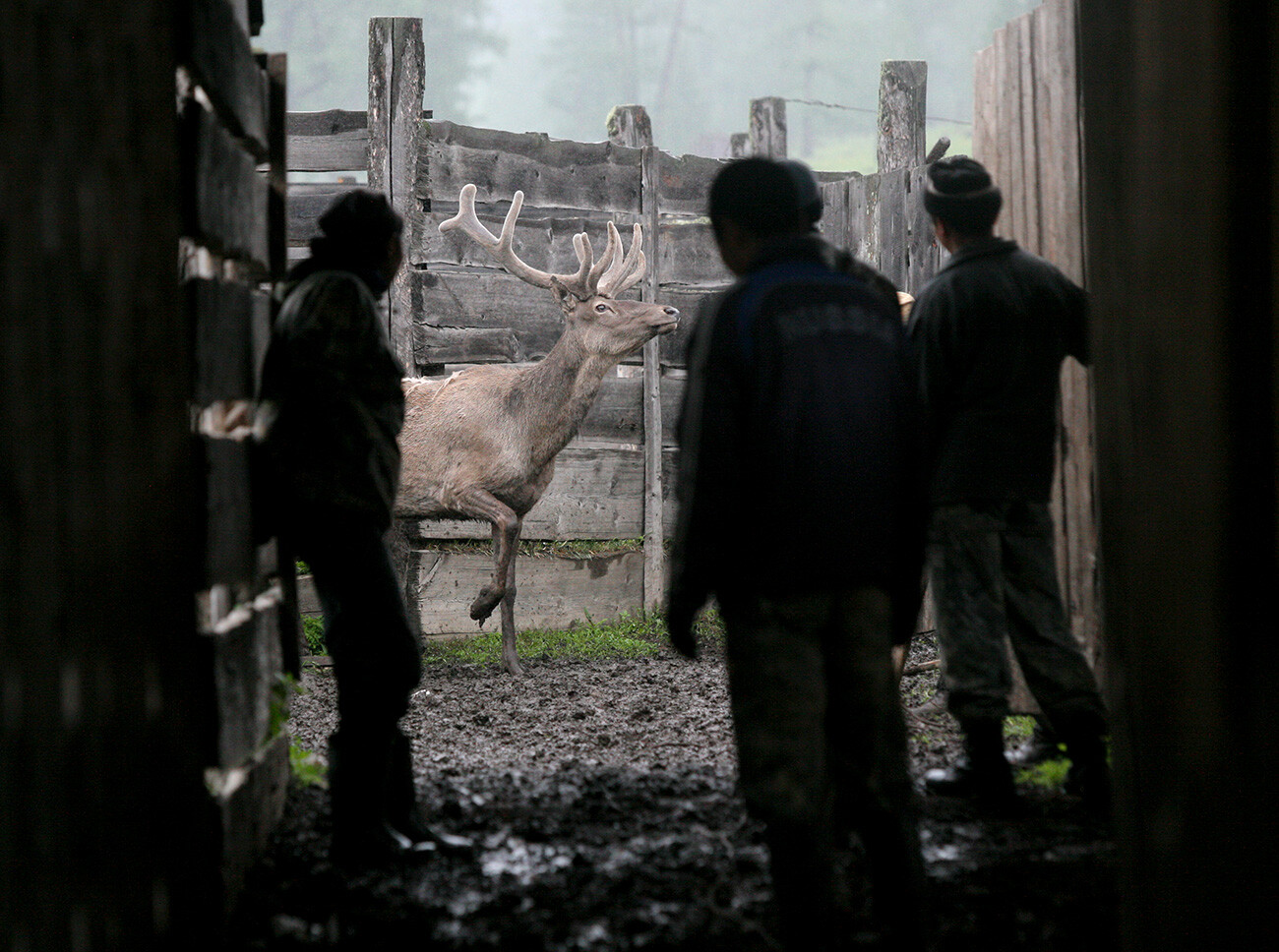 Deer breeders drive a deer into a pen for cutting antlers at the farm of the Abayskiy agricultural production company near the village of Sugash in the Ust-Koksinsky district of the Altai Republic.
Deer breeders drive a deer into a pen for cutting antlers at the farm of the Abayskiy agricultural production company near the village of Sugash in the Ust-Koksinsky district of the Altai Republic.
Agriculture is also developed in Altai Krai, but the region's economy is dominated by the manufacturing industry. It includes the production of food, machine-building products, as well as chemical and pharmaceutical production.
Nature and recreation
If you want to see unique wild nature, where endangered animals live, you should go to Altai Republic. The ‘Golden Mountains of Altai’ UNESCO World Natural Heritage site is located on its territory. It unites Katunsky Reserve, Altai Reserve and the high-mountainous Ukok Plateau.
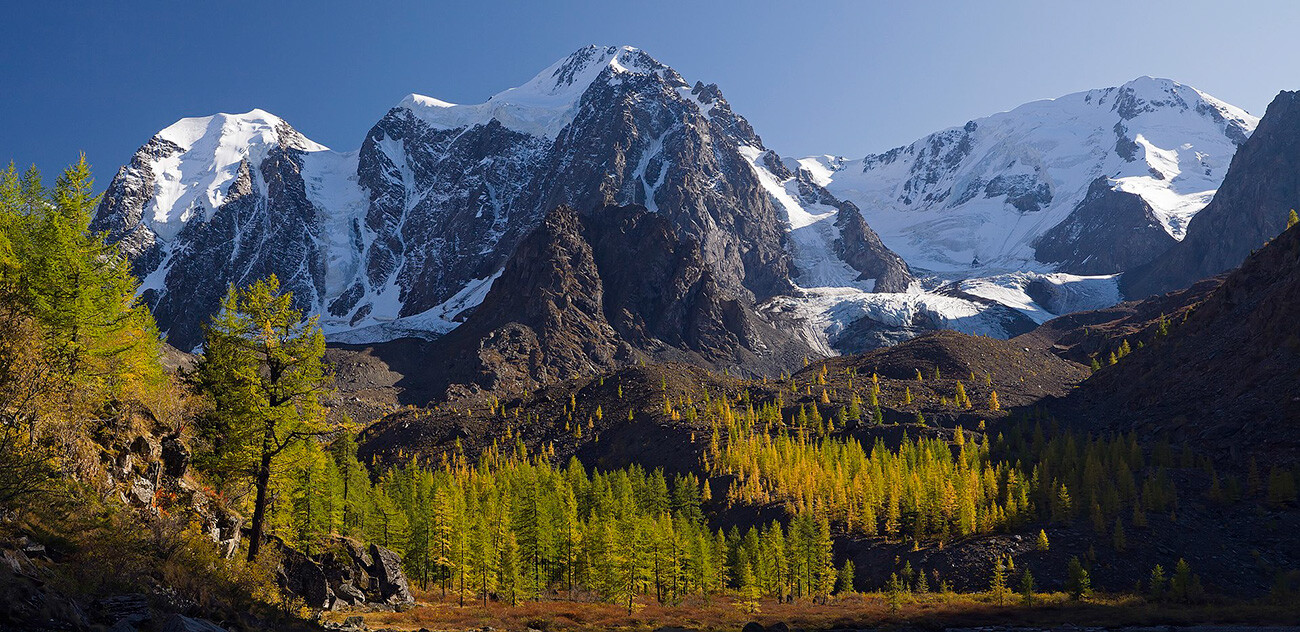 Upper Shavlinskoye Lake and the peaks of the North Chuysky ridge.
Upper Shavlinskoye Lake and the peaks of the North Chuysky ridge.
In the reserves, you can find highlands with glaciers, unique lakes, mountain rivers, waterfalls, snow leopards and manuls (Pallas’s cats). The Ukok Plateau is famous for cave paintings and ancient burials – it was there that the mummy of a girl who lived in the 5th century BC, the “Altai Princess”, was found in 1993.
People head to Altai Republic for active vacations: trekking, mountain climbing, horseback riding tours and rafting. In this region, one will feel the regional flavor and can see some of the ancient traditions of the locals – something you will not find in Altai Krai!
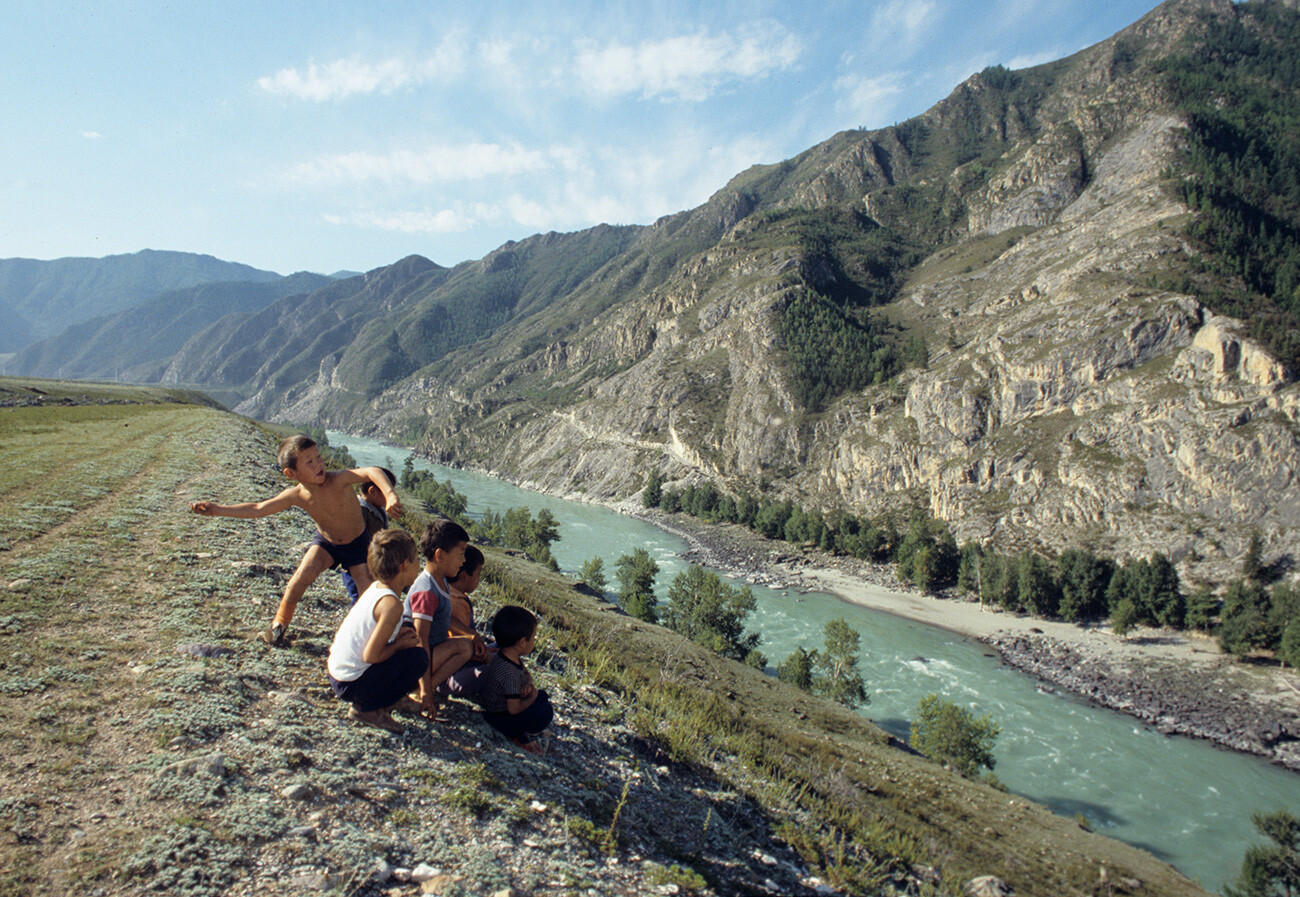 Children from the village of Inya on the banks of the Katun River. Altai Territory.
Children from the village of Inya on the banks of the Katun River. Altai Territory.
Altai Krai also has mountains, but they are smaller and lower. People go to Altai Krai for quiet vacations in spas (the most famous of them is ‘Belokurikha’) and comfortable tourist hotspots. ‘Siberian Coin’, one of the four official gambling zones authorized by the government, is also located there.
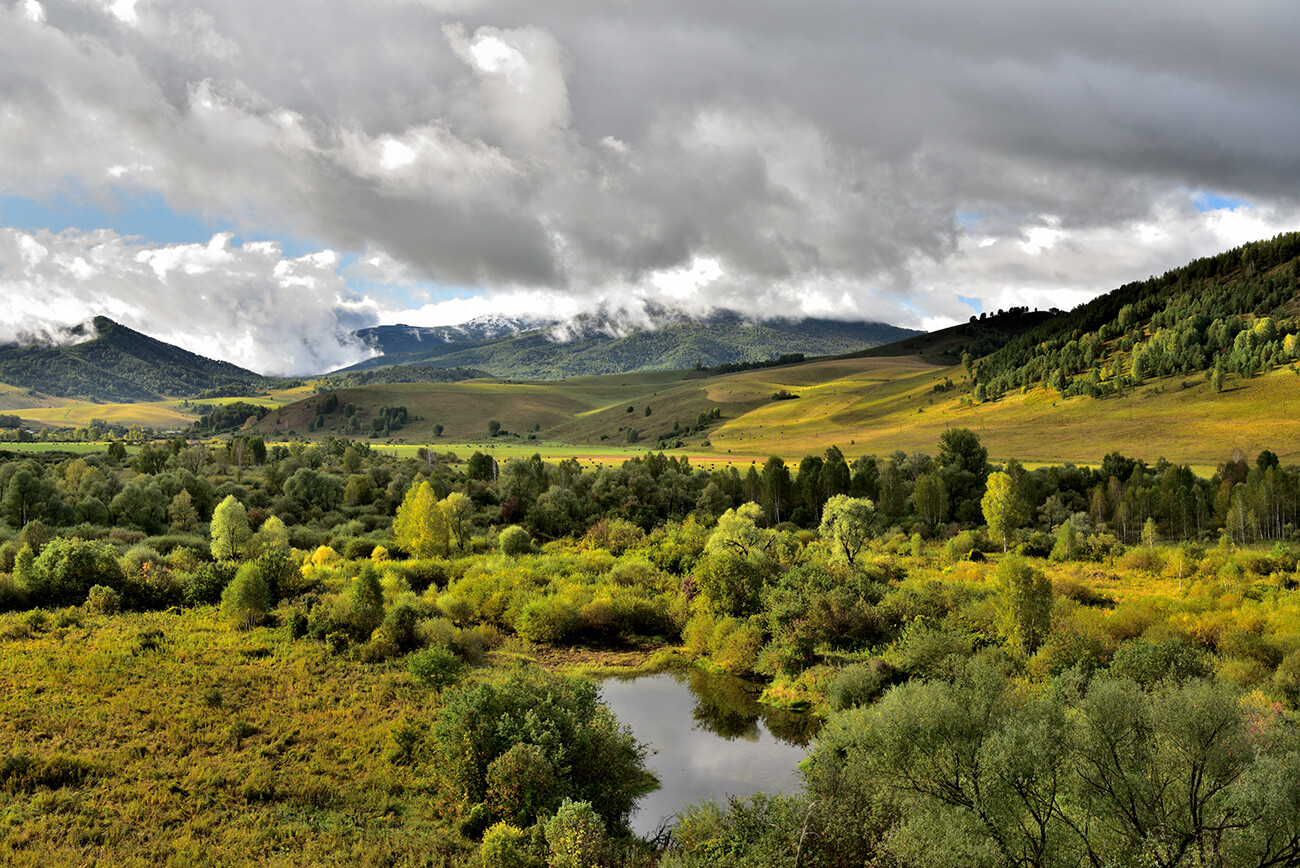 The Belokurikha resort is located on the northern outskirts of the Altai Mountains, 270 km south of Barnaul, Belokurikha, Altai Territory.
The Belokurikha resort is located on the northern outskirts of the Altai Mountains, 270 km south of Barnaul, Belokurikha, Altai Territory.



